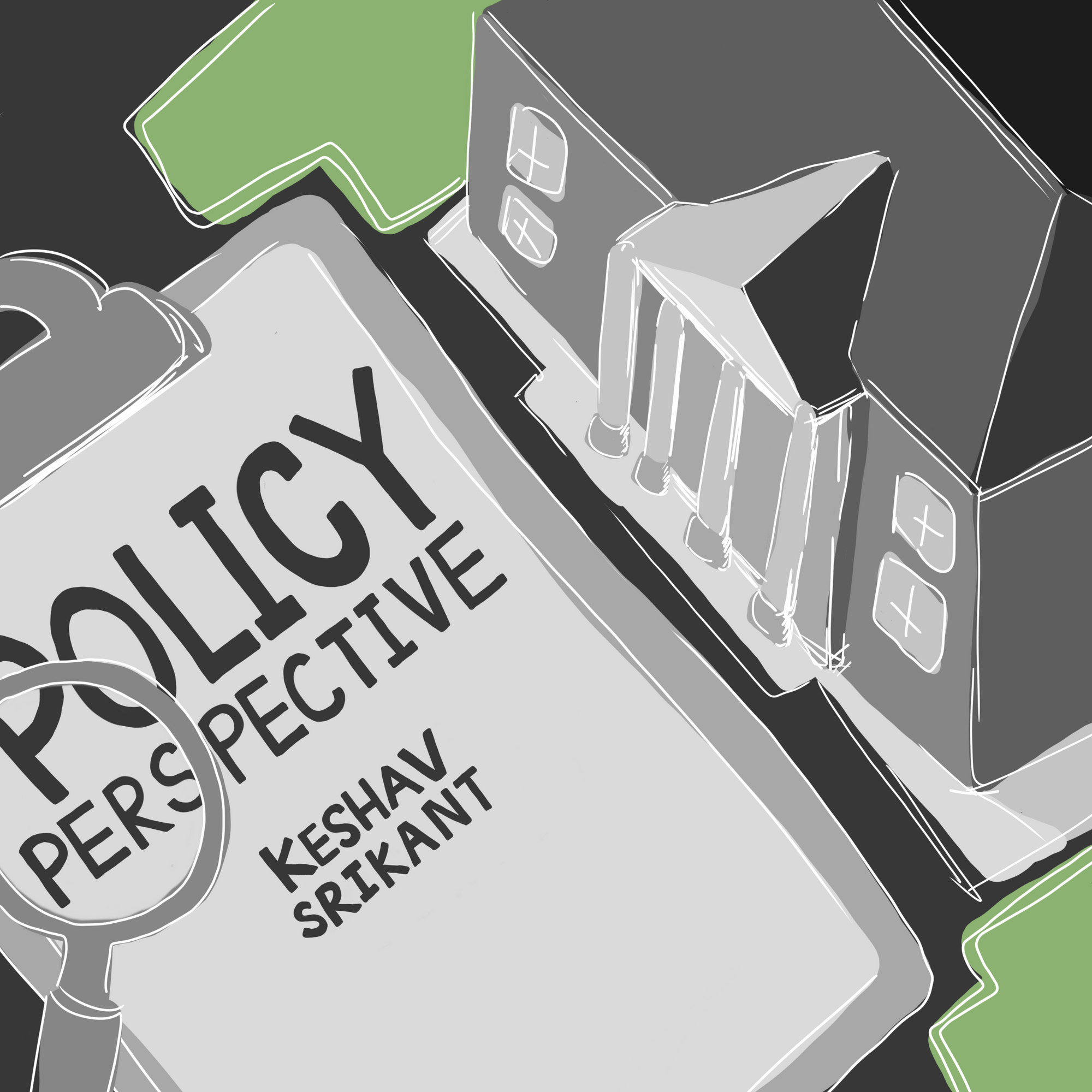Over the past few years, Tufts has made it easier and easier for students to act in environmentally conscious ways. One only needs to walk a few steps into the Joyce Cummings Center to see the carefully separated trash, recycling and compost bins with useful labels to help students dispose of their waste sustainably. The JCC also avoids using paper towels in restrooms, and water bottle fillers are present on each floor, to avoid excessive use of plastic water bottles. These steps aren’t insignificant, but they’re often less significant than we are told or may assume. Consider recycling: We are often told that recycling is essential to protect the climate. And though recycling indisputably helps the environment and reduces carbon emissions, it is far from a sinecure, especially plastic recycling. Only 15% of plastic is recycled worldwide, as many countries don’t have good recycling infrastructure, and only around half of the plastic collected for recycling is ever actually recycled. An example of this is Rogue Disposal & Recycling in Oregon, which, as of 2020, was sending much of its recycled plastic to landfills, consistent with the struggles of many U.S. recycling firms following China’s decision to stop taking in recyclable waste as of 2018.
The myth of plastic recycling is so dangerous because it is not well-intentioned. An NPR analysis found that some of plastic recycling’s biggest promoters were oil and gas companies who produced a lot of plastic in the first place and knew full well that plastic recycling would not be truly impactful. Rather, they understood that if the public thought recycling worked, they would be less concerned about buying environmentally harmful products.
This propaganda by polluting companies is not an isolated incident; rather, it’s part of a pattern of pushing the idea that the solution to climate change and environmental degradation is individual action. Perhaps the most infamous example of this is ExxonMobil. An article by Vox details how ExxonMobil repeatedly shifted the responsibility of climate change to the consumer with phrases such as “be smart about electricity use” and “improve your gas mileage.” Meanwhile, it was the oil firm BP that first popularized the idea of a “personal carbon footprint.”
What makes this narrative so insidious is that it’s partly true: We can and should do more to make sure we act in environmentally conscious ways. It is hypocritical to claim to care about the climate and then use single-use plastics or fail to recycle. However, our individual actions cannot be the end-all-be-all of climate action. If we want to truly make strides to mitigate the effects of climate change, we need corporations like ExxonMobil to reduce the amount of pollution they emit, and pass meaningful governmental policy that helps us transition to a cleaner world.






